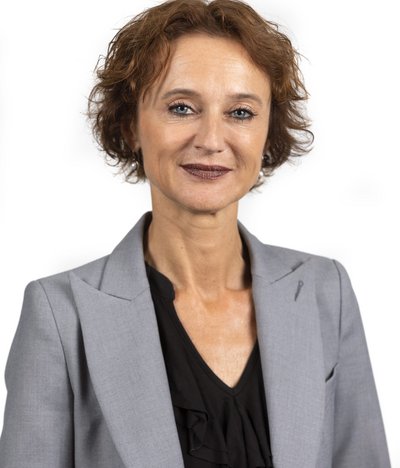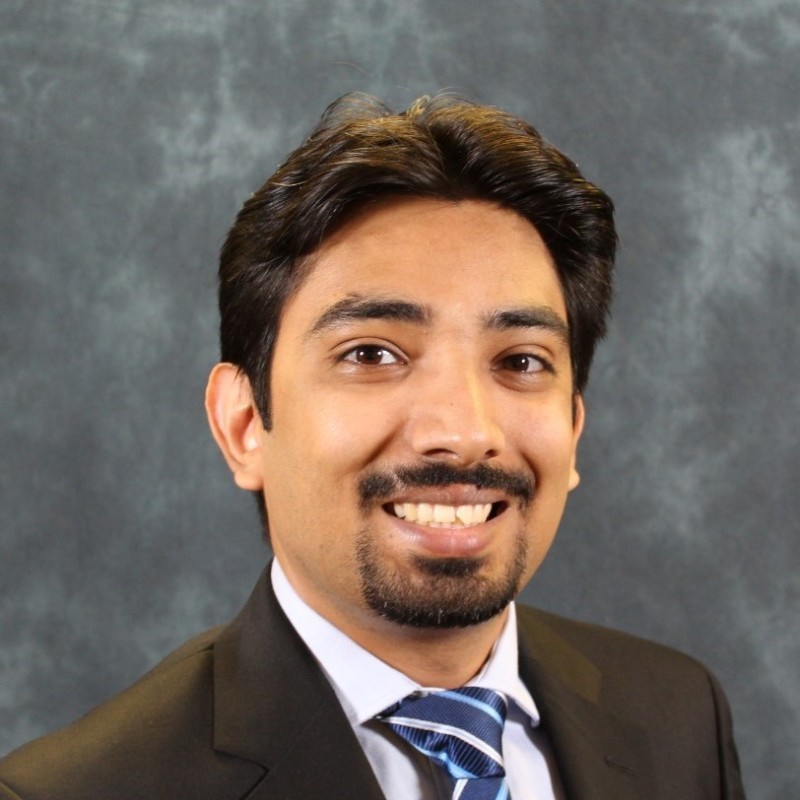Organisers
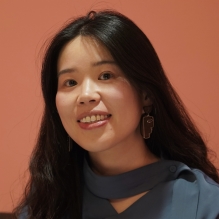 Chen Peng is a Research Fellow at the Institute for Transport Studies, University of Leeds. Her research interests include user comfort in automated driving, automated driving styles, communication strategies, inclusive designs in transport, and human-technology interaction. She received her PhD in human factors in automated driving as a Marie Curie Fellow from the University of Leeds.
Chen Peng is a Research Fellow at the Institute for Transport Studies, University of Leeds. Her research interests include user comfort in automated driving, automated driving styles, communication strategies, inclusive designs in transport, and human-technology interaction. She received her PhD in human factors in automated driving as a Marie Curie Fellow from the University of Leeds.
 Pavlo Bazilinskyy is an assistant professor at TU Eindhoven focusing on AI-driven interaction between automated vehicles and other road users. He finished his PhD at TU Delft in auditory feedback for automated driving as a Marie Curie Fellow, where he also worked as a postdoc. He was the head of data research at NEXTdriver. Pavlo is the treasurer of the Marie Curie Alumni Association (MCAA) and was a director of the Research and Innovation unit of the Erasmus Mundus Association (EMA).
Pavlo Bazilinskyy is an assistant professor at TU Eindhoven focusing on AI-driven interaction between automated vehicles and other road users. He finished his PhD at TU Delft in auditory feedback for automated driving as a Marie Curie Fellow, where he also worked as a postdoc. He was the head of data research at NEXTdriver. Pavlo is the treasurer of the Marie Curie Alumni Association (MCAA) and was a director of the Research and Innovation unit of the Erasmus Mundus Association (EMA).
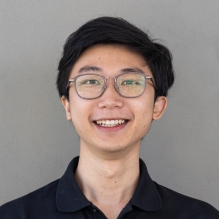 Yueteng Yu is a PhD candidate in Human-Machine Interfaces (HMIs) for automated driving at Queensland University of Technology. His research focuses on multimodal HMI, situation awareness, and user experience in Level 3+ automated vehicles. He earned an MSc in Human-Computer Interaction from the University of Nottingham and conducted research with Tsinghua University's HCI group. His experience spans both academia and industry, including work as a UX researcher with car manufacturers and as a Software Engineer.
Yueteng Yu is a PhD candidate in Human-Machine Interfaces (HMIs) for automated driving at Queensland University of Technology. His research focuses on multimodal HMI, situation awareness, and user experience in Level 3+ automated vehicles. He earned an MSc in Human-Computer Interaction from the University of Nottingham and conducted research with Tsinghua University's HCI group. His experience spans both academia and industry, including work as a UX researcher with car manufacturers and as a Software Engineer.
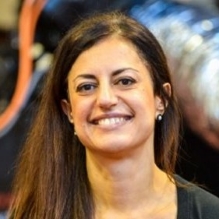 Professor Natasha Merat, OBE, is an experimental psychologist and research group leader of the Human Factors and Safety Group at the Institute for Transport Studies, University of Leeds. She also leads the Automation theme at Leeds and is responsible for the strategic direction of research conducted at Virtuocity. Her main research interests are in understanding the interaction of road users with new technologies. She applies this interest to studying factors such as driver distraction and driver impairment, and she is an internationally recognised expert in studying the human factors implications of highly automated vehicles.
Professor Natasha Merat, OBE, is an experimental psychologist and research group leader of the Human Factors and Safety Group at the Institute for Transport Studies, University of Leeds. She also leads the Automation theme at Leeds and is responsible for the strategic direction of research conducted at Virtuocity. Her main research interests are in understanding the interaction of road users with new technologies. She applies this interest to studying factors such as driver distraction and driver impairment, and she is an internationally recognised expert in studying the human factors implications of highly automated vehicles.

